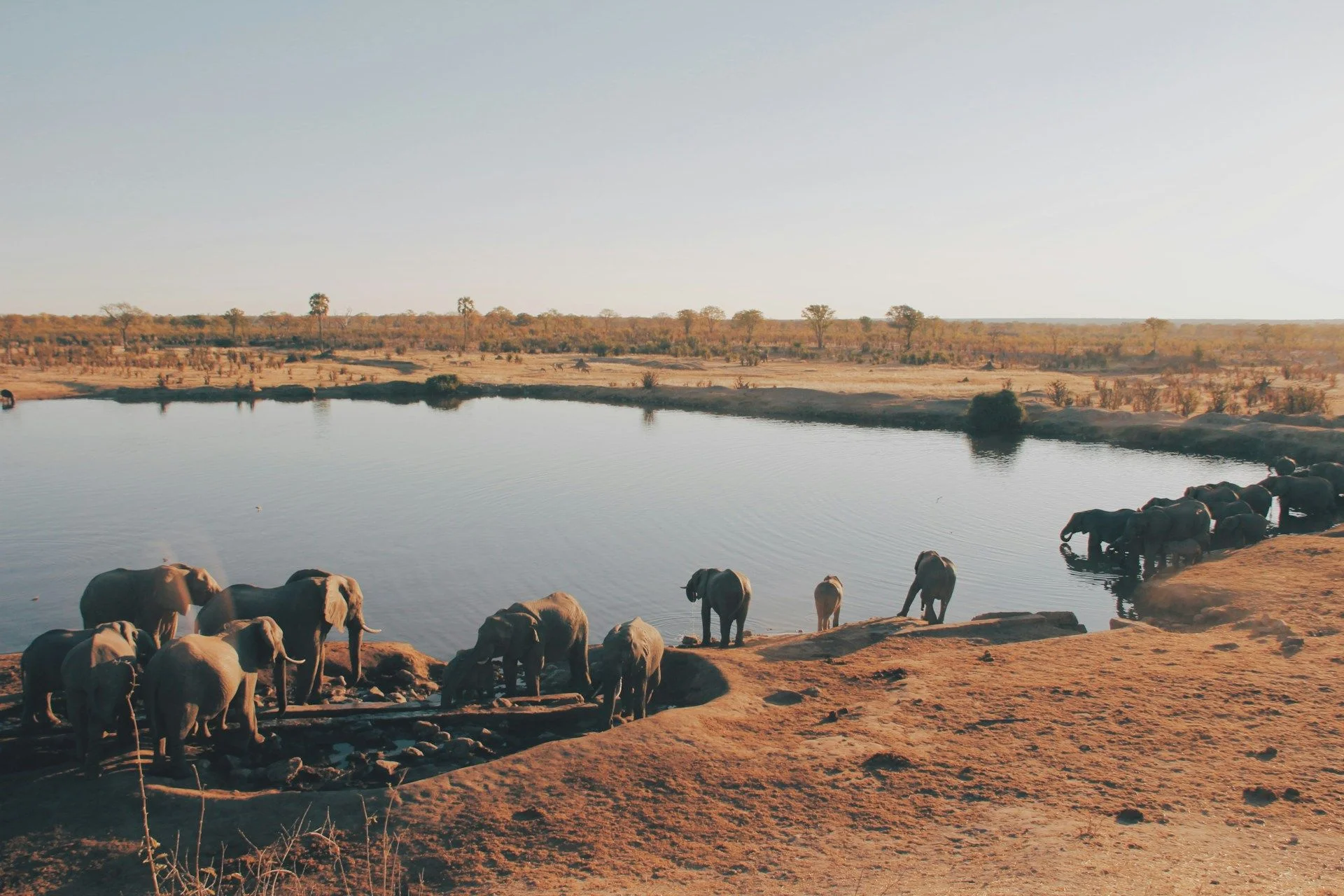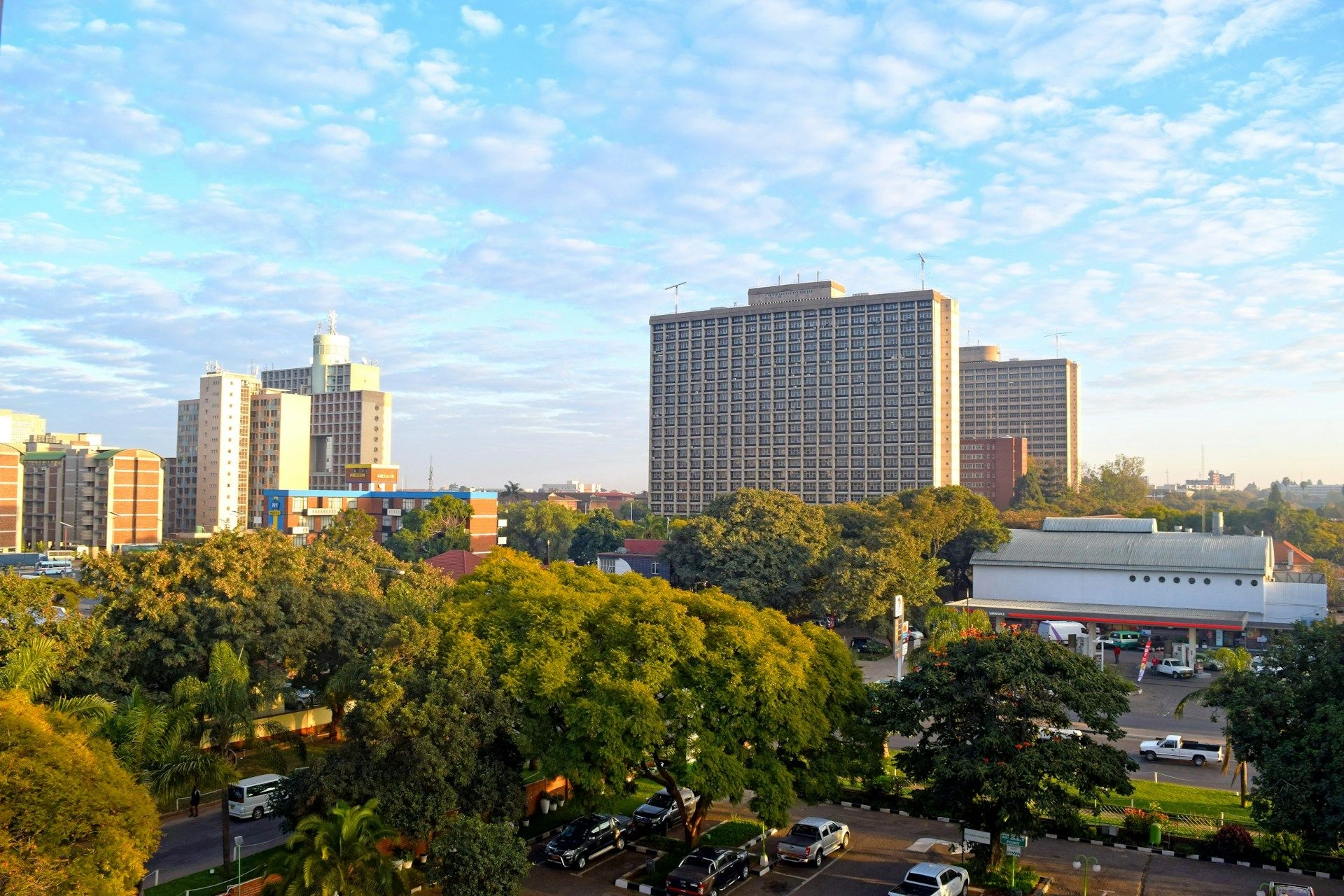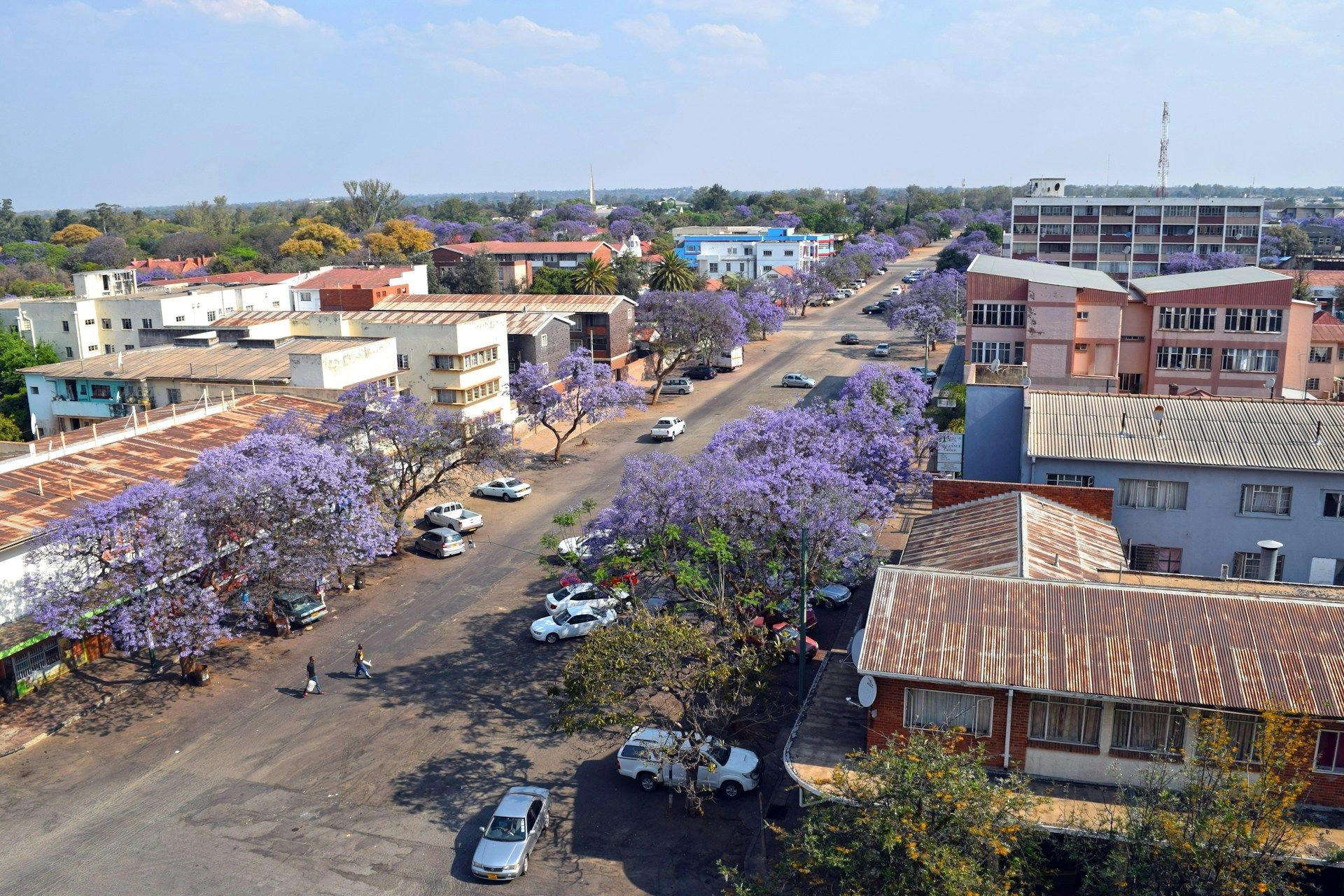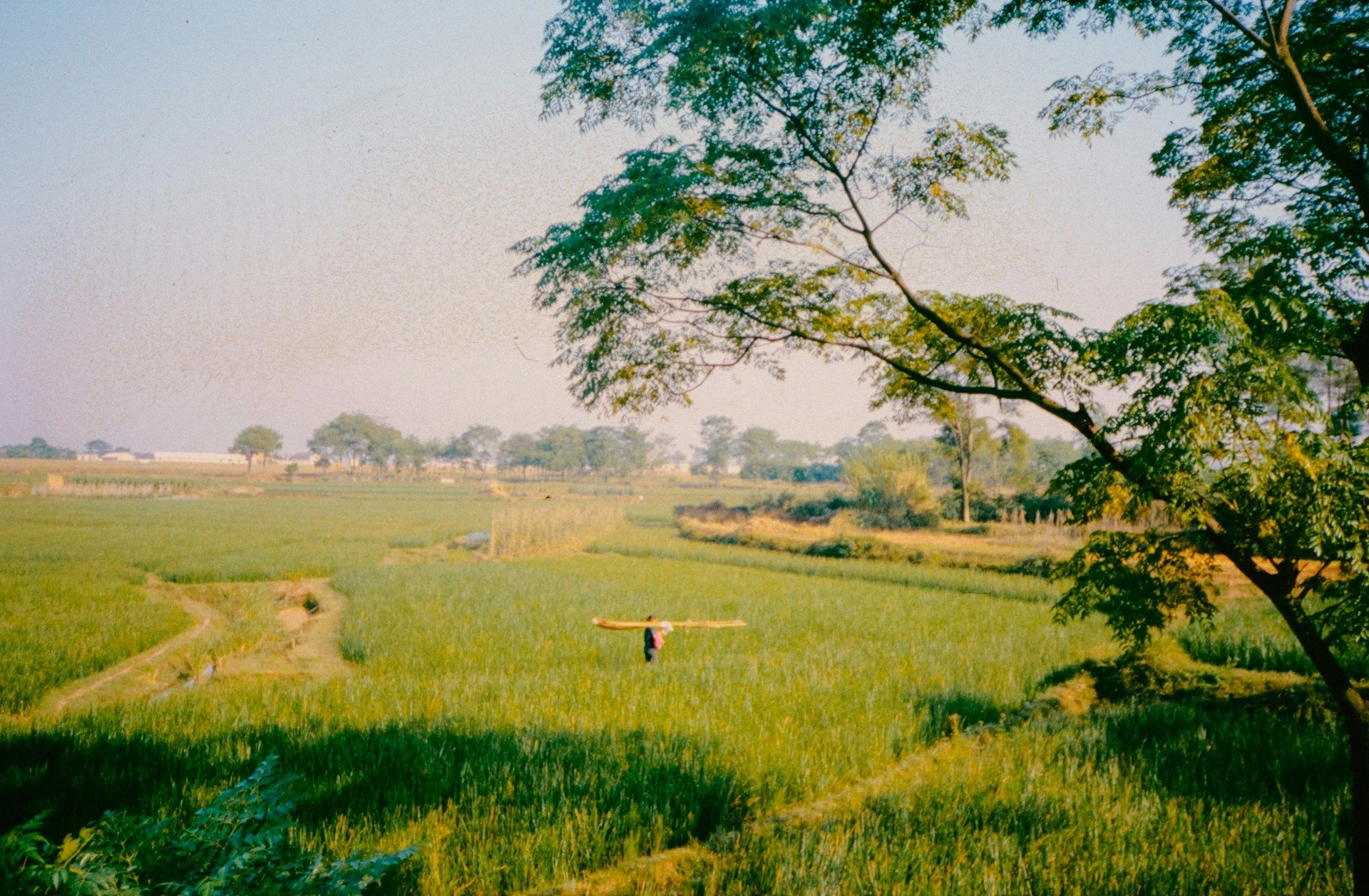Investment Real estate in ZimbabweStone avenues with homessunlight and calm

Popular
cities and regions in Zimbabwe
Best offers
in Zimbabwe
Benefits of investment in
Zimbabwe real estate
Urban growth drives demand for new housing
Harare and Bulawayo continue to expand, creating opportunities for residential development and entry-level land acquisition.
Steady inflow of private capital from abroad
Zimbabweans living overseas invest in homes and plots, fueling gradual development and long-term property ownership.
Wide availability of undeveloped and rural land
Large plots remain accessible for those seeking long-term investment in nature-linked formats — from eco-projects to land banking.
Urban growth drives demand for new housing
Harare and Bulawayo continue to expand, creating opportunities for residential development and entry-level land acquisition.
Steady inflow of private capital from abroad
Zimbabweans living overseas invest in homes and plots, fueling gradual development and long-term property ownership.
Wide availability of undeveloped and rural land
Large plots remain accessible for those seeking long-term investment in nature-linked formats — from eco-projects to land banking.

Useful articles
and recommendations from experts
Real Estate in Zimbabwe: A Market of Challenges and Opportunity
Overview: Navigating Zimbabwe’s Property Landscape
Zimbabwe's real estate market is one of contrasts — marked by legal complexities, land reform history, and currency volatility, yet offering substantial opportunity in key sectors such as residential housing, tourism development, and commercial logistics. As Harare expands and Victoria Falls grows in global prominence, investors are reevaluating Zimbabwe’s property landscape. However, success in this market requires thorough due diligence, awareness of land ownership laws, and strategic local partnerships.
Ownership Structures and Legal Framework
The land regime in Zimbabwe is unique due to extensive reforms implemented since the early 2000s. There are four main types of land ownership:
- Freehold (Private Ownership): Rare in Zimbabwe. Mostly found in urban residential and commercial areas, especially pre-2000 properties.
- Leasehold: State-owned land leased to individuals or entities for periods up to 99 years. This includes agricultural and peri-urban land.
- Permit Holdings: Often issued for resettlement schemes or specific use under local authorities.
- Communal Land: Held by the state but governed under traditional leadership; not subject to formal sale or private transfer.
Foreigners face restrictions on direct land ownership. However, they may invest through registered Zimbabwean companies or long-term leases (with ministerial approval). Government approval is required for foreign acquisition of immovable property under the Indigenization and Economic Empowerment Act.
Types of Property and Investment Channels
Property opportunities are concentrated in several segments:
- Urban Residential: Apartments, standalone houses, and gated developments in cities like Harare and Bulawayo.
- Tourism and Hospitality: Boutique lodges, safari camps, and hotels in Victoria Falls, Hwange, and Eastern Highlands.
- Commercial and Industrial: Warehousing, logistics hubs, and retail centers in Harare and Mutare.
- Agricultural Land: Available only under leasehold or contract farming models, and typically not open to foreigners without government consent.
The Zimbabwe Investment and Development Agency (ZIDA) oversees investment proposals and supports Special Economic Zones (SEZs) in areas such as Victoria Falls and Harare South.
Market Prices and Trends
Prices are heavily influenced by currency fluctuation (Zimbabwe dollar vs USD), inflation, and infrastructure quality. The following are average price ranges in USD:
| Location | Property Type | Price Range (USD) |
|---|---|---|
| Harare (Borrowdale, Mt Pleasant) | 3-Bedroom House | $100,000 – $300,000 |
| Bulawayo (Hillside, Kumalo) | 3-Bedroom House | $70,000 – $180,000 |
| Victoria Falls | Lodge Plot (undeveloped) | $25,000 – $80,000 |
| Victoria Falls | Tourism Lodge (operational) | $300,000 – $1.2M+ |
| Chitungwiza | 1-Bedroom Unit | $12,000 – $25,000 |
High-end suburbs in Harare continue to see stable demand among diaspora and NGO professionals. Victoria Falls is experiencing growth due to tourism and new infrastructure development.
Taxes and Transaction Costs
Taxation in Zimbabwe applies at various stages of property ownership and transfer:
- Capital Gains Tax (CGT): 5% of gross proceeds for individuals and 20% for companies (subject to exemptions for primary residences).
- Transfer Duty: 4% of the purchase price for properties over $10,000.
- Deeds Office Registration Fee: 1% of purchase price.
- Municipal Rates: Annual or quarterly rates based on property valuation and use.
- Withholding Tax: 15% applies if the seller is a non-resident.
All property transactions must be registered with the Deeds Office, and buyers should verify rates clearance certificates before completing any purchase.
Rental Yields and Income Potential
Rental yields in Zimbabwe vary significantly depending on currency of the lease agreement (USD vs ZWL), location, and property type:
- Harare (prime suburbs): 6%–9% gross yield in USD leases to expatriates or NGOs.
- Bulawayo: 5%–7% on residential units; 8%–12% on commercial retail space.
- Victoria Falls: Seasonal yields of up to 15% from boutique tourism lodges or short-term holiday rentals.
Long-term residential leasing in local currency can suffer from inflation risk and rent control, but USD leases offer stability in returns.
Investment Scenarios
- Buy-and-Rent in Harare: Invest $180,000 in a 4-bedroom home in Mount Pleasant, lease at $1,200/month = ~8% gross yield.
- Tourism Lodge in Victoria Falls: Build or renovate 6-unit lodge for $400,000; peak season revenue ~$80,000/year.
- Warehouse in Harare South: $250,000 construction with yield potential of 10%–12% from logistics clients.
- Low-Income Housing in Chitungwiza: Build-to-sell model; 1-bedroom units at $15,000/unit with 30% markup potential.
Infrastructure and Investment Zones
Key real estate locations and infrastructure highlights:
- Harare: Business and diplomatic capital; roads, utilities, and schools concentrated in northern suburbs (Avondale, Highlands, Borrowdale).
- Victoria Falls SEZ: Investment incentives for tourism, logistics, and hospitality; new airport terminal supports international travel.
- Bulawayo: Industrial base; roads to Botswana and South Africa; ongoing power upgrades in select districts.
- Mutare: Border trade hub with Mozambique; opportunities in warehousing and regional trade logistics.
Power shortages and water supply issues remain key infrastructure risks, particularly in older or lower-income neighborhoods.
Risks and Considerations
- Currency Instability: Exchange volatility and re-dollarization policies can affect investment returns.
- Title Clarity: Some properties lack updated or valid title deeds due to historic land reform; use registered conveyancers for verification.
- Government Intervention: Land reform history has led to ongoing disputes. Agricultural land should be approached with caution.
- Market Liquidity: Selling property may take longer than in developed markets; liquidity is limited outside urban centers.
- Legal Process: Property disputes can be slow to resolve. Legal backing is essential for all investments.
Foreign Investment and ZIDA Framework
The Zimbabwe Investment and Development Agency (ZIDA) is the central body for approving foreign direct investment. Investors benefit from:
- Access to long-term leases in SEZs and designated growth areas
- Tax holidays or import duty exemptions in qualifying industries
- Support in legal compliance and documentation processing
Investors must apply formally and provide project plans, proof of funds, and undergo due diligence before approval.
Conclusion: High-Risk, High-Potential Market
Zimbabwe’s real estate market is not for passive or short-term investors. While restrictions and legal uncertainty require careful navigation, there are high-margin opportunities in urban housing, tourism, and commercial logistics for investors willing to engage locally and structure deals strategically. Legal clarity, USD leases, and ZIDA support mechanisms can create a viable path to returns, particularly in Harare and Victoria Falls. For those with a long-term outlook and on-the-ground expertise, Zimbabwe offers a gateway into a frontier market on the rebound.



